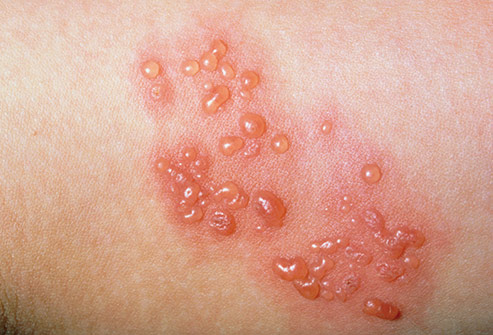
Shingles vaccine is a very important health care tool for those who are susceptible to shingles
Shingles can be very painful and may affect any area of your body. It is important to protect yourself from this uncomfortable and potentially dangerous condition.
Shingles occurs when you become infected with the virus that causes chicken pox. The virus may also cause an outbreak of shingles called shingles. Shingles can appear in a number of different ways. Common symptoms of shingles include fever, headache, redness, warmth, swelling and inflammation of the skin around the injection site.
Some patients may experience burning sensations and even pain when they are in the shower, while some experience a burning sensation after they have a bath. If any shingles symptoms last for more than a day, talk to your doctor or local pharmacist about taking some shingles medication to help with the discomfort and make the recovery process easier.
Shingles vaccine can be effective but it is important to take action sooner rather than later. A person who is exposed to the virus that causes chicken pox will need to get vaccinated as soon as possible. A person who is at risk for developing shingles should also get vaccinated before getting the disease. However, this does not necessarily mean that they will develop shingles.
The vaccine is made to protect against the chicken pox virus itself. The vaccine will not give you protection against any of the symptoms that may accompany the outbreak of shingles. It will only prevent you from getting infected by the virus itself. This means that if you already have shingles, you are at a lower risk of developing more complications.
Shingles vaccine comes in either injection form or an injection and tablet combination. The first option is considered the "in-office" form and is usually recommended. The injection has the same ingredients as the vaccines for chicken pox and is given in an injection site over a six month period. This is the most convenient way to get the vaccine and is typically recommended for those with limited access to the doctor. the doctor's office.
Shingles vaccine is also available in tablet form and the tablet combination is best if you are trying to treat multiple symptoms of shingles. This medication is taken once every twelve weeks over a three to six month period. If you suffer from both fever blisters and severe pain, you may have to take one tablet a day.
If you are at risk for developing shingles, talk to your doctor about the options you have. If you are not vaccinated, talk to your doctor about whether or not you may need to be. Shingles may be a painful condition, but if you are able to get the vaccine and keep up with the treatment, you should have no problems. Shingles may occur after several months, but if you follow the medication and stay healthy, you should have a very low risk of developing complications from the disease.
The downside of shingles vaccine is that it is not 100 percent effective, and it may not completely clear up all symptoms of shingles. That being said, it is still better than having to deal with the shingles outbreaks and the pain that often follow them.
It may also be necessary for you to see your doctor or take prescription pain medication if you do not follow the recommended course of treatment. This can be quite risky because the drugs can cause complications. These complications can include loss of the use of a kidney or bladder, and even loss of vision.
As you can see, the risks and benefits of getting the vaccine and avoiding shingles depend on many factors. If you have any questions, talk to your doctor.
There are so many people who have had good results with the shingles vaccine, and there are also many people that have had bad experiences with it. It is important that you take the time to find out all you can about the vaccine so you will be fully informed before you make an appointment.
